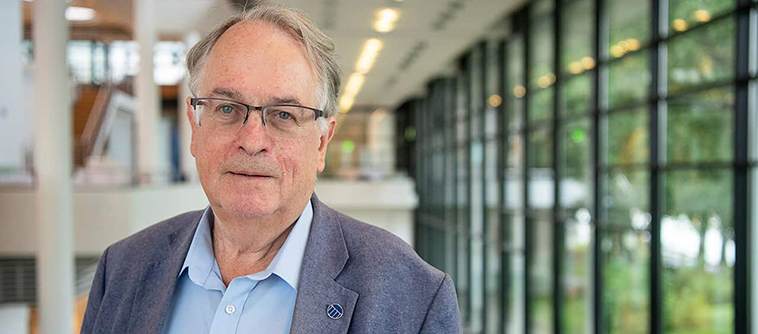
This year’s Nobel Prize in Chemistry 2019 goes to the creators of the lithium-ion battery, John B. Goodenough, M. Stanley Whittingham and Akira Yoshino.
Stanley Whittingham was a member of the Advisory Board of HPL (short for High Power Lithium), an IMD startup competition winner in 2006.
“IMD warmly congratulates the 2019 Nobel Prize winners in chemistry and pays tribute to its humble contribution along the way,” said Jim Pulcrano, faculty member and founder of the IMD Startup Competition.
As a winner of the competition, the company benefitted from consulting with IMD’s MBAs to support building its business model. HPL was a developer of next generation nano-materials for Li-ion batteries. They were a spin-out of the EPFL whose partners included Toyota. They were acquired by Dow Chemical in 2009 which subsequently launched their energy material division.
Reducing the use of fossil fuels
Luis Lazaro, a member of the IMD team who worked with HPL said: “At that time all of us in the HPL MBA team considered the technology right on the spot to what today has become a key component in our daily lives…Cars, mobile phones, tablets, energy storage…it is rewarding to see how the relentless work done by researchers and the team at HPL, including Mr Whittingham’s contribution on the board, is being recognized by the 2019 Nobel Academy Award”.
The foundation of the lithium-ion battery was laid during the oil crisis in the 1970s. Stanley Whittingham worked on developing methods that could lead to fossil fuel-free energy technologies. He started to research superconductors and discovered an extremely energy-rich material, which he used to create an innovative cathode in a lithium battery. This was made from titanium disulphide which, at a molecular level, has spaces that can house – intercalate – lithium ions.
This lightweight, rechargeable and powerful battery is now used in everything from mobile phones to laptops and electric vehicles. It can also store significant amounts of energy from solar and wind power, making possible a fossil fuel-free society.
James Miners, COO of HPL, and now Senior Advisor at Swiss innovation incubator Fongit and well-known figure in the Swiss startup ecosystem said: “I was inspired and energized by the insights and experience of the IMD faculty and the MBAs. So much so that many of the startups that I advise have now participated in and benefited from the IMD Startup Competition.”
Find out more about the IMD Startup Competition.


